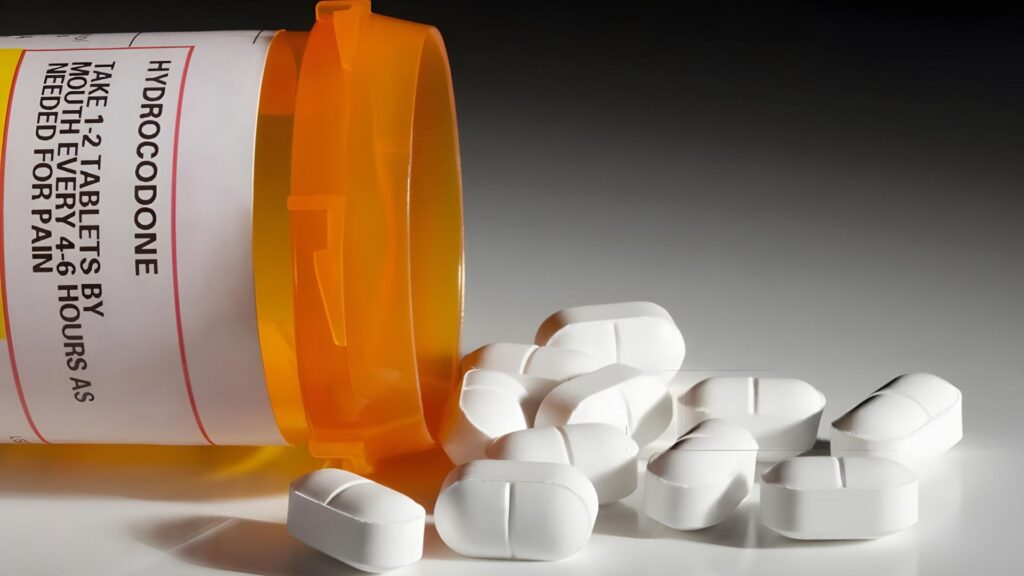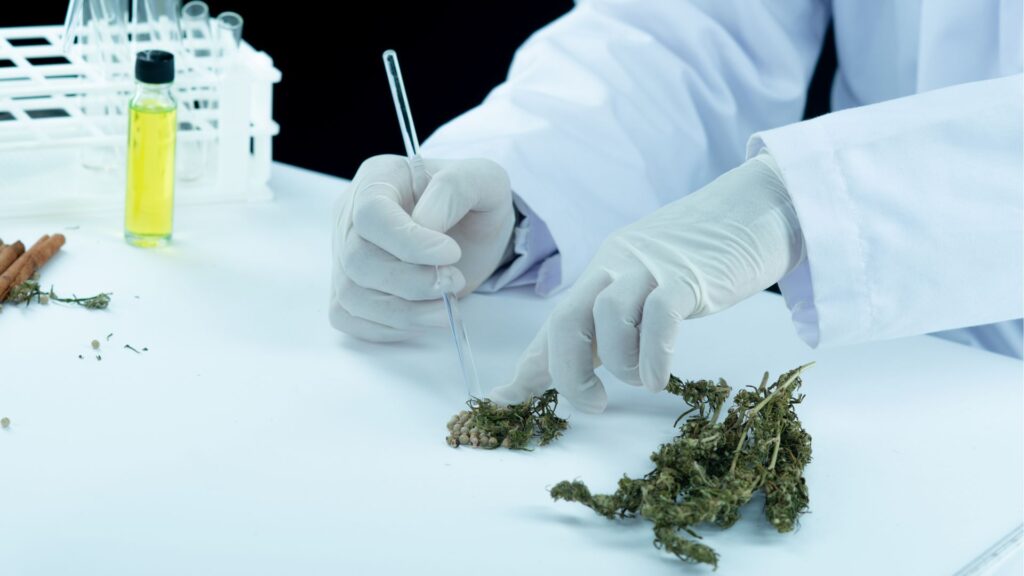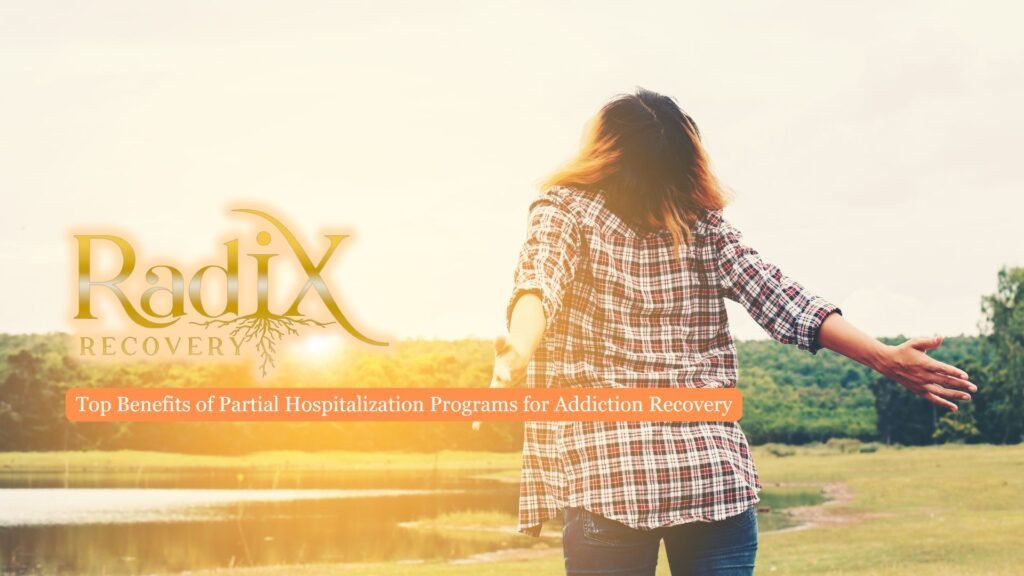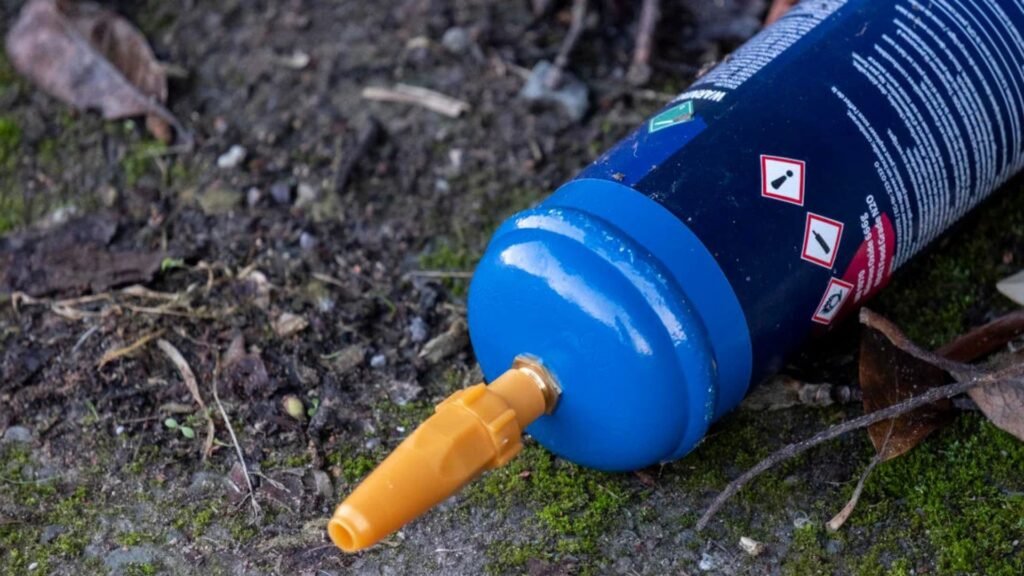Addiction recovery is a gradual process that requires time, effort, and commitment. The five stages of addiction recovery provide a structured framework that helps individuals move from substance use disorder to long-term sobriety. Understanding these stages of change can give those struggling with addiction and their loved ones a clearer perspective on the recovery process and the necessary steps toward lasting change.

Stage 1: Pre-Contemplation
In the pre-contemplation stage, individuals may not recognize that they have a problem. At this stage, they often deny the negative consequences of their substance use disorder and may resist change. Many people in this phase are still engaging in drug or alcohol abuse without acknowledging its harmful effects on their physical and mental health.
People in the pre-contemplation stage may feel defensive when confronted about their behavior. They may believe they have control over their substance misuse or that they can quit on their own at any time. However, without professional addiction rehab, the cycle of addiction continues. Encouraging individuals in this stage to seek substance abuse treatment can be challenging, but raising awareness about the consequences of substance use, including the risks of alcohol addiction and drug addiction, can help them consider change.
Stage 2: Contemplation
During the contemplation stage, individuals begin to recognize that their addictive behaviors are causing problems in their lives. They may still feel uncertain about quitting, but they start weighing the pros and cons of their substance misuse. This stage is crucial because it marks the first step toward successful recovery.
At this point, individuals may express a desire to make a change but may feel overwhelmed by the thought of quitting. They may worry about withdrawal symptoms, social consequences, or their ability to cope without substances. This is where professional guidance, support groups, and evidence-based treatment options play a key role in helping them move forward. Recognizing the need for treatment and recovery is essential at this stage, as it can help individuals take meaningful steps toward sobriety.
Stage 3: Preparation
In the preparation stage, individuals have made a decision to quit and start taking steps toward addiction recovery. They may seek information about rehab programs, explore different types of addiction treatment, or reach out to support groups for encouragement. This stage involves setting goals, identifying triggers, and creating a plan for change.
Many people in this phase begin to share their intentions with friends and family members, which helps them build a support system. They may also start engaging in healthier behaviors, such as exercise and self-care, to prepare for the transition to sobriety. Seeking professional treatment at this stage can provide the necessary structure to ensure long-term success.
Stage 4: Action
The action stage is when individuals actively work on changing their behavior and overcoming addiction. This phase often involves attending rehab programs, participating in group therapy, and developing new coping strategies to manage cravings and triggers.
During this stage, individuals may undergo detox, which helps rid the body of substances and manage withdrawal symptoms. Depending on the substance use disorder, treatment plans may include outpatient or inpatient program, behavioral therapy, and support from aftercare programs.
People in the action stage experience significant personal growth as they learn to navigate life without substances. Developing healthy habits, improving communication skills, and implementing lifestyle changes are essential for maintaining progress.

Stage 5: Maintenance and Aftercare
In the maintenance stage, individuals work to sustain the progress they have made. The risk of relapse is highest during early recovery, so ongoing support is crucial. This stage requires individuals to continue practicing the strategies they learned in addiction rehab to prevent setbacks and maintain their sobriety.
Aftercare programs, such as support groups, outpatient treatments, and sober living environments, help individuals stay on the right path. The five stages of addiction recovery emphasize that recovery takes time, and ongoing effort is needed to prevent relapse and sustain a healthy, substance-free lifestyle.
Final Thoughts from Radix Recovery
At Radix Recovery, we recognize that addiction recovery is a complex process that requires ongoing commitment and support. Our addiction treatment programs in Cedar Rapids help individuals navigate every stage of addiction recovery with evidence-based strategies and a structured approach. If you or someone you love is struggling and needs help, we provide the guidance and tools necessary to maintain sobriety and make lasting changes. Recovery is a lifelong journey, and we are here to support individuals every step of the way.































































































